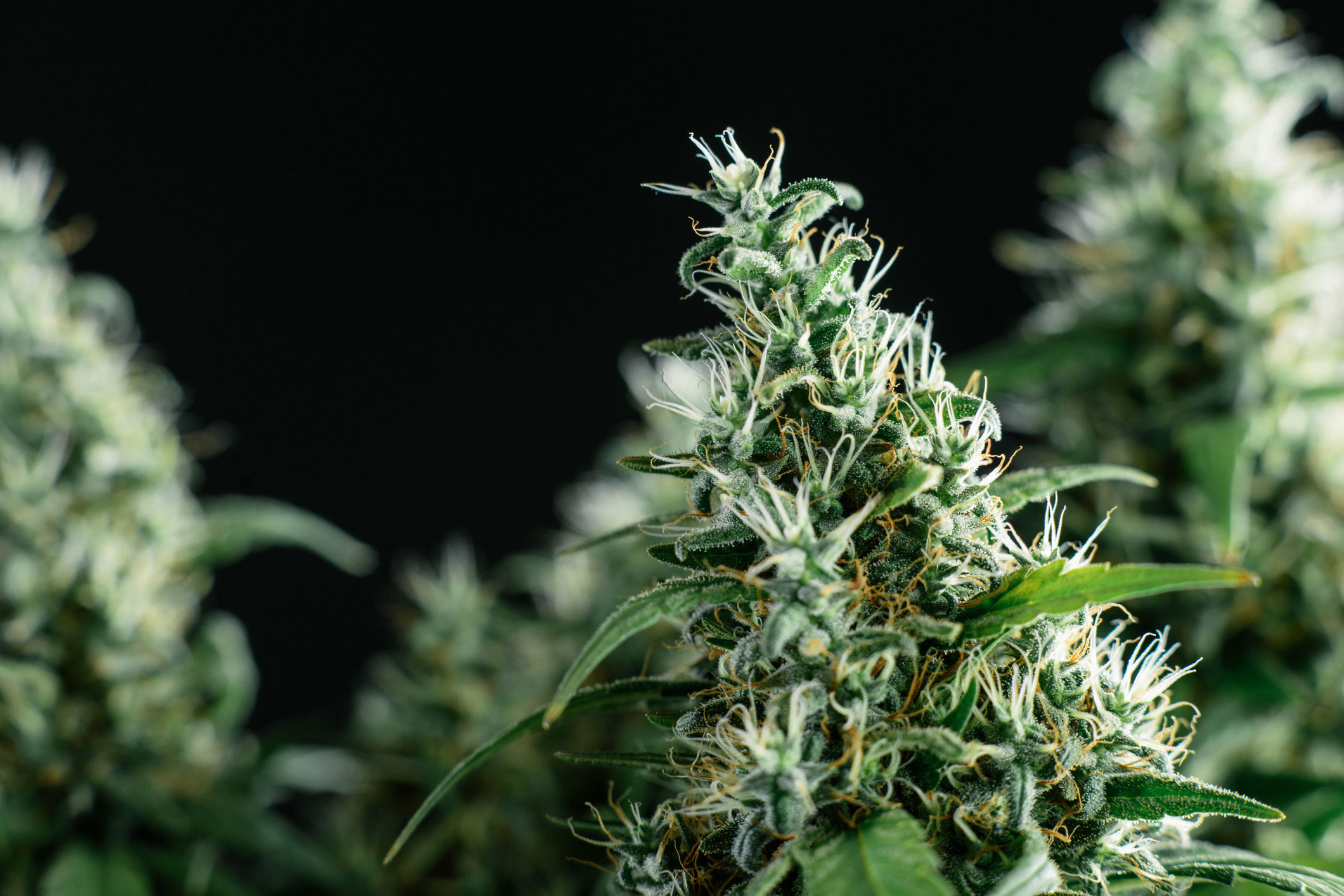A few years ago, Aphria (TSX:APH) was considered by many analysts to be a potential front-runner in the nascent cannabis industry. Their management team led by CEO Vic Neufeld had a strong focus on operational efficiency, as evidenced by prior standout quarters, which showed that the company was capable of delivering some of the lowest per-gram costs of marijuana in the entire industry.
In a legalized environment where cannabis is nothing more than a commodity, Aphria definitely looked like a standout winner and a top pick in Canada’s hazy marijuana scene.
To the surprise of many efficiency-focused analysts, both Canopy Growth (TSX:WEED)(NYSE:CGC) and Aurora Cannabis (TSX:ACB) have widened the market cap gap by taking off, apparently leaving Aphria behind as the lowly third player in the Canadian cannabis scene.
At the time of writing, Canopy and Aurora have market caps of $11.6 billion and $4.7 billion, respectively. The former market cap now dwarfs Aphria’s minuscule market cap of $2.8 billion, and with up-and-coming Quebec-based Hydropothecary nearing the $1 billion market cap milestone after its recent run, Aphria is looking like a dead trade and a less-relevant contender in the cannabis scene.
I don’t think that should be the case, though, since Aphria appears to have one distinct advantage over its peers that could serve as a Trojan horse for a company that’s faded into the background over the past year.
What’s this advantage?
I believe Aphria’s advantage is management’s relentless focus on operational efficiency and its higher degree of compliance to prospective federal regulations prior to their formalization.
As you may have noticed, federal regulators aren’t taking too kindly to promotional activities conducted by both Canopy and Aurora. Whether it’s through the sponsorship of music festivals, the use of celebrity endorsements (Snoop Dogg), or the touting of exclusive brands in an attempt to differentiate cannabis-based products prior to legalization, it’s clear that both Canopy and Aurora are trying to create a brand for themselves prior to entering an uncertain regulatory environment which may ban differentiation efforts, eye-catching packaging, or even producer-branded merchandise.
At this point, we really don’t know which regulations are going to be formalized in writing come legalization day, nor do we know the extent to how far regulators are willing to go to keep marijuana products out of the hands of minors and how strong enforcement efforts will be.
Music festival sponsorships and differentiated products may have the green light now, but who knows what will happen when strict regulatory rules are rolled out?
Regulators have openly expressed their distaste for some of the activities conducted by producers in the pre-legalization era, and if that’s any sign of what’s to come, we could see strict rules, vigilant enforcement, and harsh penalties for breaking such laws.
While Aurora and Canopy may be free to push the boundaries of the rules in a pre-legalization era, both companies will have no choice but to modify their respective strategic plans to comply with federal and provincial regulations as they become official.
It’s not a mystery that the Canadian government wants to proceed with legalization conservatively with an emphasis on keeping marijuana out of the hands of minors. While a gradual easing of strict regulations is a likely possibility, I wouldn’t be too surprised to see stringent regulatory measures rolled out in the initial phase of legalization.
If regulations are, in fact, strict, I believe Aphria will be best positioned. It’s stayed in compliance with the rules prior to their formalization, and it’s gearing up for an environment where cannabis is nothing more than a simple commodity.
Foolish takeaway
Should regulations be stricter than expected, the cannabis market may become more like a perfectly competitive commodity market and less like a monopolistic, competitive consumer packaged goods market. If that’s the case, Aphria could make up ground over its two bigger brothers Aurora and Canopy.
Following weak fourth-quarter results, Aphria stock is now down 52% from its all-time high, and I think the bar is a lot lower relative to the bar that’s been set for Canopy.
Stay hungry. Stay Foolish.








